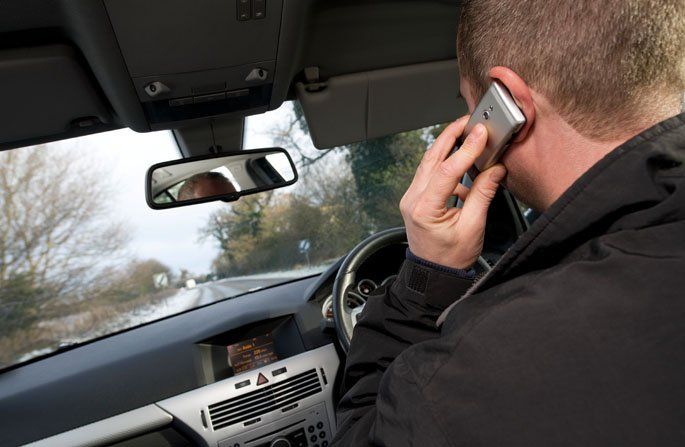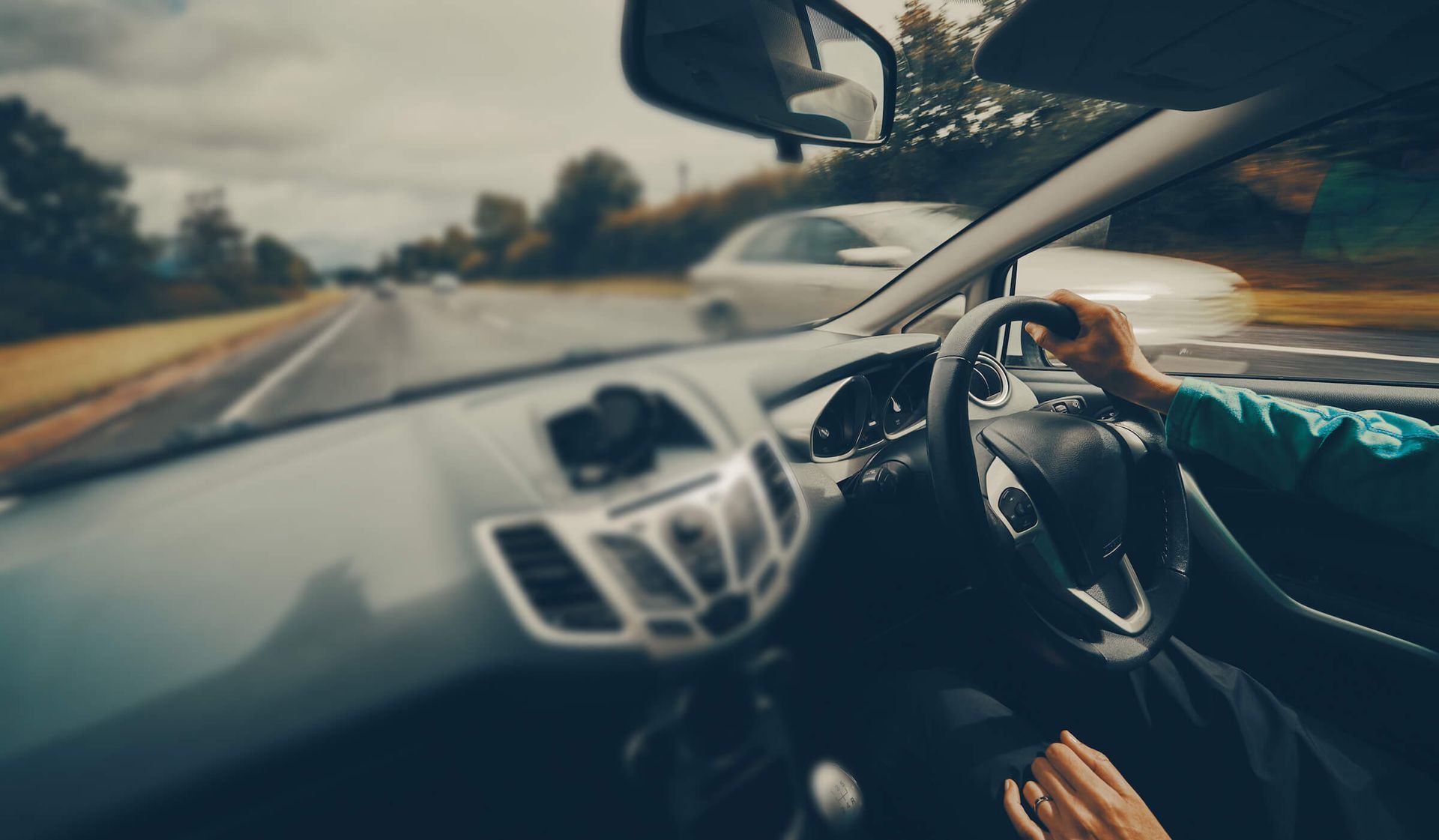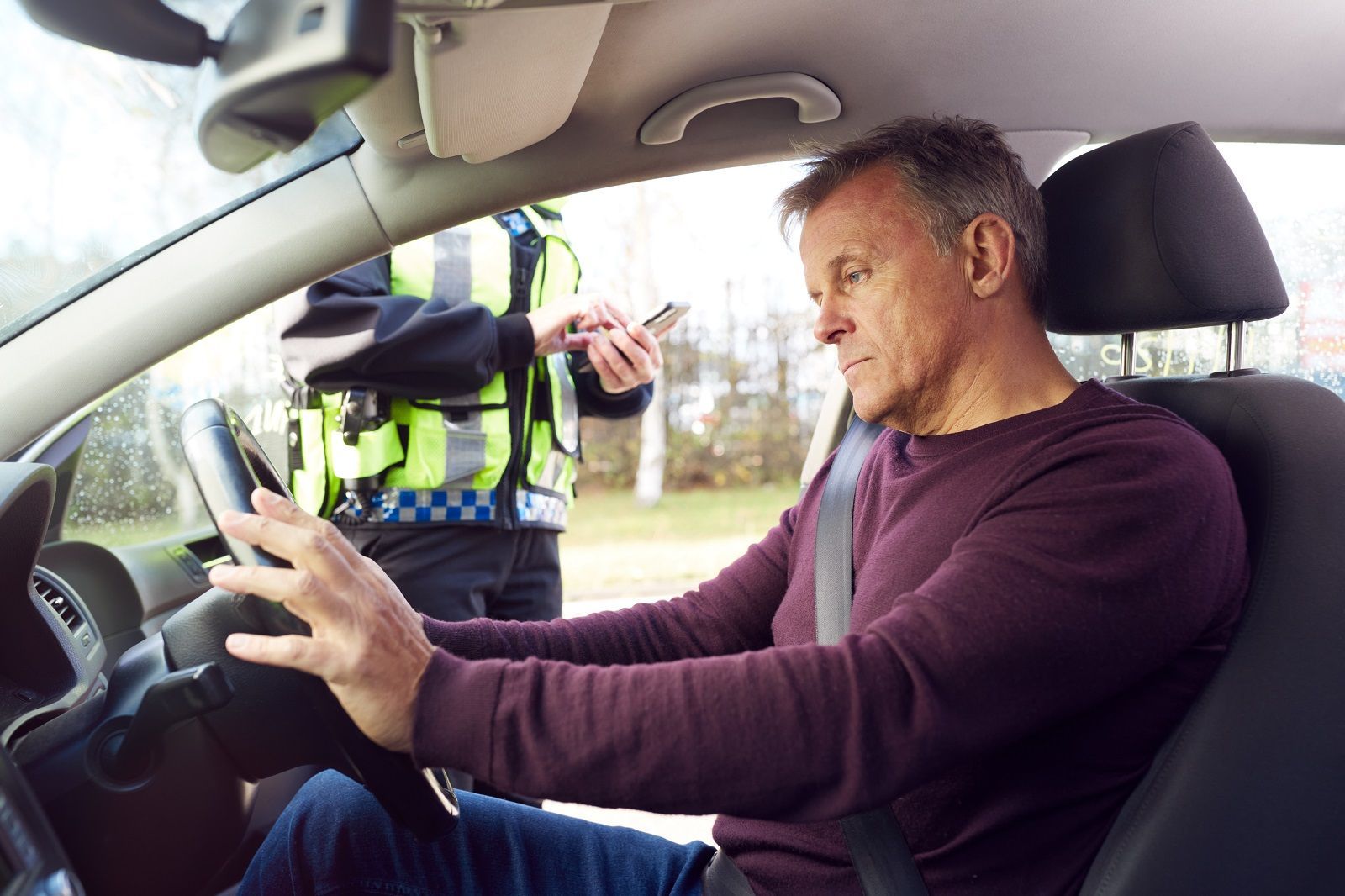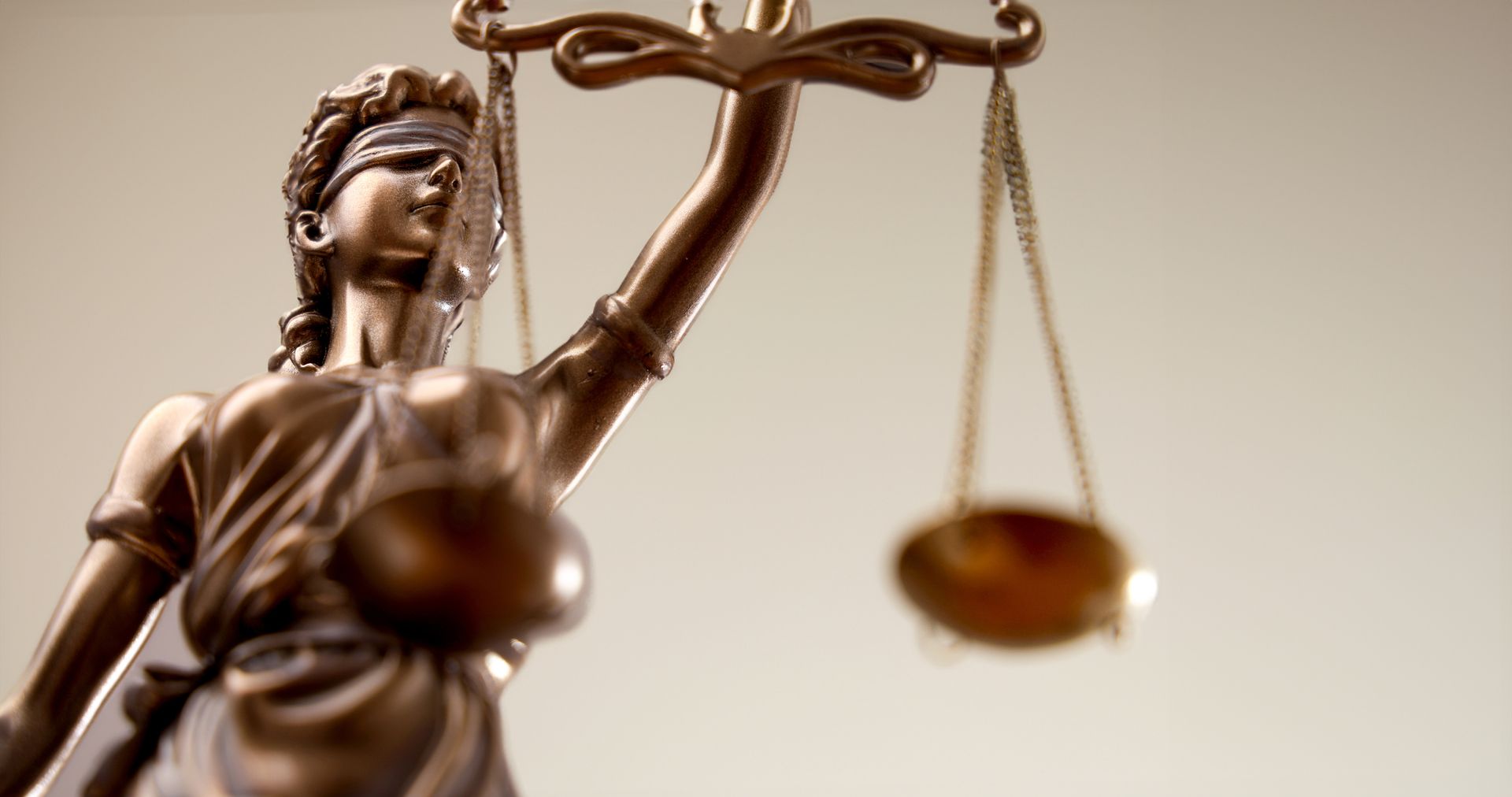Five Most Common Driving Offences

Driving is a convenient and easy way of getting from A to B, and for the most part, road users abide by driving laws and are considerate to other drivers. However, even the most law-abiding people can find themselves in trouble when they have a lapse in judgement, and many offences are committed without even knowing.
Most offences will come under one of two categories - minor or major. Minor offences are those that can be treated with an FPN (fixed penalty notice); this is an administrative alternative to the court which usually includes a fine or penalty points which are paid on the spot or sent in the post. Offences in this category are things such as low-level speeding and driving without MOT.
Major offences, however, are the most serious and cover situations such as driving while under the influence and dangerous driving. These offences are dealt with at court, and the outcome will depend on your driving record and the circumstance in question. Once a decision has been made you may be issued with a fine, points, a driving ban or even prison time depending on the severity of your offence.
To learn a little more about the top driving offences and how you can stay safe on the road, this blog will discuss the top five offences, the outcomes of these crimes and how the points systems works.
No matter how far you’re driving whether it’s just down the road or to the other side of the country, there’s no excuse for reckless and unsafe driving. In most cases, drivers act negligently as they believe they won’t get caught, however, this is not worth the risk of being caught in the act. Below we’ll discuss the most common driving offences and their punishments:
Speeding is the most common driving offence in the UK and makes up roughly a quarter of road fatalities each year. Many motorists will admit being guilty of speeding, whether that’s running a red light or going too fast in a built-up area, but you must remember that speed limits are there for a reason - and with more speed cameras being installed each year you have a slim chance of getting away uncaught. There is a whole range of speed cameras monitoring our roads ready to capture your vehicle details and check your average speed. Guidelines suggest that drivers are only prosecuted when they exceed the 10% plus 2 leeway, but you should never use this margin yourself.
The result: Your punishment will depend on how much you’re over the speed limit. If you’re only a couple of miles over then you may be offered the chance to attend a speed awareness course. This is usually only offered if you haven’t been convicted of other speeding offences in the past three years or you’ve been caught driving over the 10% plus 2mph limit but below the 10% plus 9mph. In other cases, you may be served with a £100 fine and a minimum of three penalty points on your licence and for serious offences that exceed the limit by 20 mph, you may be prosecuted with a £2,500 fine and 3-6 penalty points. Lastly, breaking the limit by more than 30 mph is grounds for a driving ban or disqualification.
Since 2003, it has been illegal to touch a phone while driving, this includes read a text, following a map and checking social media, even when you are at a stop but your engine is still running. You can use hands-free phones and devices such as those that use voice command, Bluetooth, windscreen mounts and dashboard holders, but if the police believe you are still being distracted you could be stopped and charged.
The result: Over the years the penalty for using your phone whilst driving has risen, meaning you can now be served with a £200 fine, 6 penalty points and new drivers will lose their licence if they have been driving for less than two years.
Driving while under the influence of alcohol or drugs is an extremely dangerous thing to do, even if you don’t feel drunk or high you won’t be able to control a vehicle in the same way you can when sober. In England, Wales and Northern Ireland, the alcohol limit is 80mg per 100ml and in Scotland 50mg per 100ml. Additionally, if you are found to be unfit to drive due to prescribed or illegal drugs, your penalty will be decided in court. The police can stop you at any time if they suspect you are driving over the limit, this will usually result in a breathalyser to test the amount of alcohol in your breath.
The result: The driver could face a driving ban, an unlimited fine and a six-month prison sentence. For more severe incidents that result in fatalities, you could receive a longer sentence of up to 14 years and need to take an extended driving test to get their licence back.
If you don’t renew your car’s insurance and still decide to drive on a public road, you run the risk of triggering a police ANPR (automatic number plate recognition) camera and being hit with a fine. Even if the vehicle is insured, if you are not listed as the policyholder or named driver you can still get penalised. Driving without insurance is one of the more serious offences due to the complications for insurers and other road users, with the cost being the main reason for not getting it sorted.
The result: If you or your car is incorrectly insured or not insured at all, the police can give you a fine of £300 and 6 penalty points. They also have the power to seize and destroy the vehicle and, if the case goes to court, you may be served with an unlimited fine and disqualification from driving.
Careless driving covers a range of inappropriate and careless actions when on the road - quite simply, driving without the due care expected from a qualified driver. Offences include ignoring red lights, tailgating, swerving and poor lane discipline.
The result: You can expect a fine of up to £5,000, 3 to 9 penalty points and disqualification in more serious cases.
How does traffic law and the penalty points system work?
According to research conducted by Motorway.co.uk, 2.69 million UK drivers have at least three points on their licence and 80,000 motorists have nine points. If you are given a total of 12 points you will receive a driving ban for 6 months, however, if the driver has also been disqualified for over 56 days in the last three years the minimum ban time is 12 months. Additionally, if he or she has had two disqualifications in the last 3 years, then the minimum disqualification is for 2 years.
Additionally, if you’re a new driver your licence will be revoked once you have 6 penalty points, and you’ll be required to resit your test and reapply for your licence.
Lefevre Litigation: Find your road traffic lawyer and process your car accident claim today
If you’re looking for a professional law firm to help with a driving-related case, Lefevere Litigation is who you need. Based in Aberdeen, our firm has over 30 years of experience providing legal aid, so you can count on us to get the case sorted - from whiplash claims and whiplash compensation to other traffic offences we can help. Contact us today and book your first appointment.









